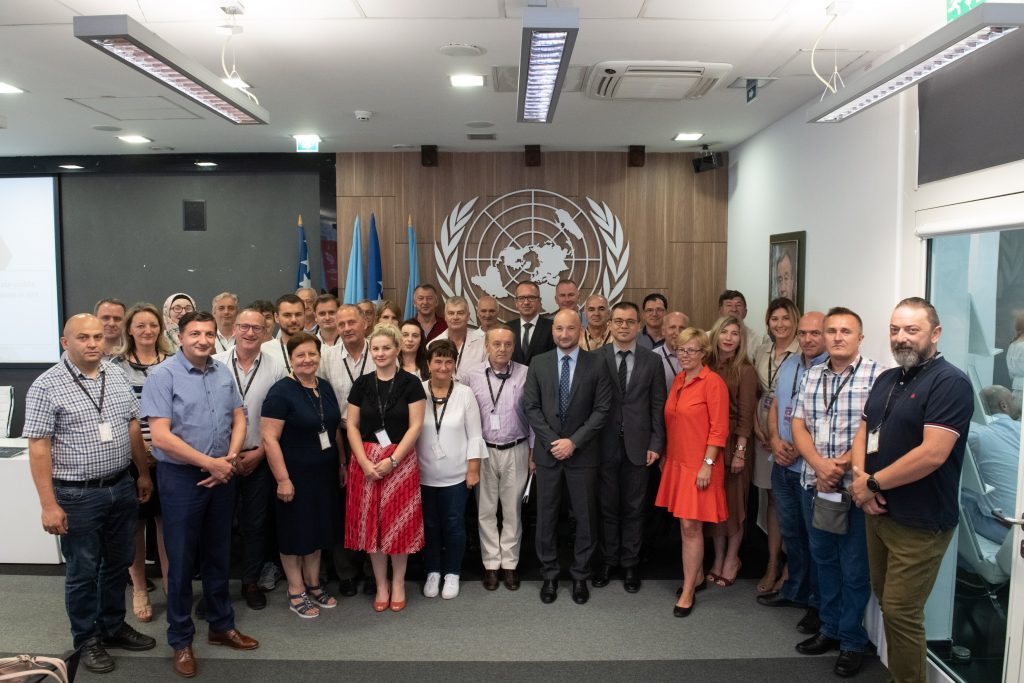Public Finance for Development in BiH
SINCE: 2020
In 2020 under the Resource Mobilization Facility, there was a supported project implemented by the UNDP Bosnia and Herzegovina, which aimed to identify energy-saving public lighting solutions in 12 municipalities in BiH. The joint effort in the field of private sector engagement into development cooperation brought about a valuable experience leading to a start of cooperation in the field of public finance.
ACTIVITIES: Programme activities in BiH seek to support timely advancement for public finance system stakeholder capacities in three intervention areas.

I. Development Finance Assessment
A Development Finance Assessment (DFA) needs to be conducted in order to support SDG financing, with focus on mapping the finance flows and financing landscape (external, domestic, public and private). Additionally, rapid public expenditure reviews across administrative levels is necessary to provide an overview of existing public finance channelled towards sustainable development priorities. In this context, the following activities are envisaged:
- Prepare a tailored methodological approach for conducting the DFA;
- Provide a training on DFA for ministries of finance/line ministries;
- Conduct basic DFA and public expenditure reviews against the SDGs Framework in Bosnia and Herzegovina, with focus on priority sectors identified in need of more catalytic support;
- Prepare the recommendations on financing solutions.
II. Linking financing with development results
The new regulatory framework on strategic planning requires to integrate SDG priorities into the development strategies that are to be operationalized through governments’ three-year and annual work plans aligned budgets. In this context, the following activities are envisaged:
- Review regulatory and methodological requirements against existing practices and formulate recommendations;
- Prepare guidelines for practitioners;
- Design and deliver pilot training programme;
- Support replication of the training programme via the FBIH Civil Service Agency (responsible for training of civil servants).
III. Strengthening of internal controls and value for money approach in local governments
Good governance requires well-functioning, transparent and accountable local governments, for which systemic internal controls and value for money thinking are main preconditions. In this context, the following activities are envisaged:
- Assess the local government internal controls regulatory and methodological framework to identify compliance gaps with the existing internal controls legal framework.
- Conduct an assessment of the internal controls (including internal audit) practice and application of the existing frameworks and procedures.
- Develop findings (shortcomings and deficiencies, as well as good practices/innovative approaches) and recommendations;
- Prepare a pool of experts for internal controls and value for money;
- Deliver the training programme to selected local governments.


